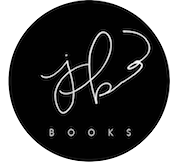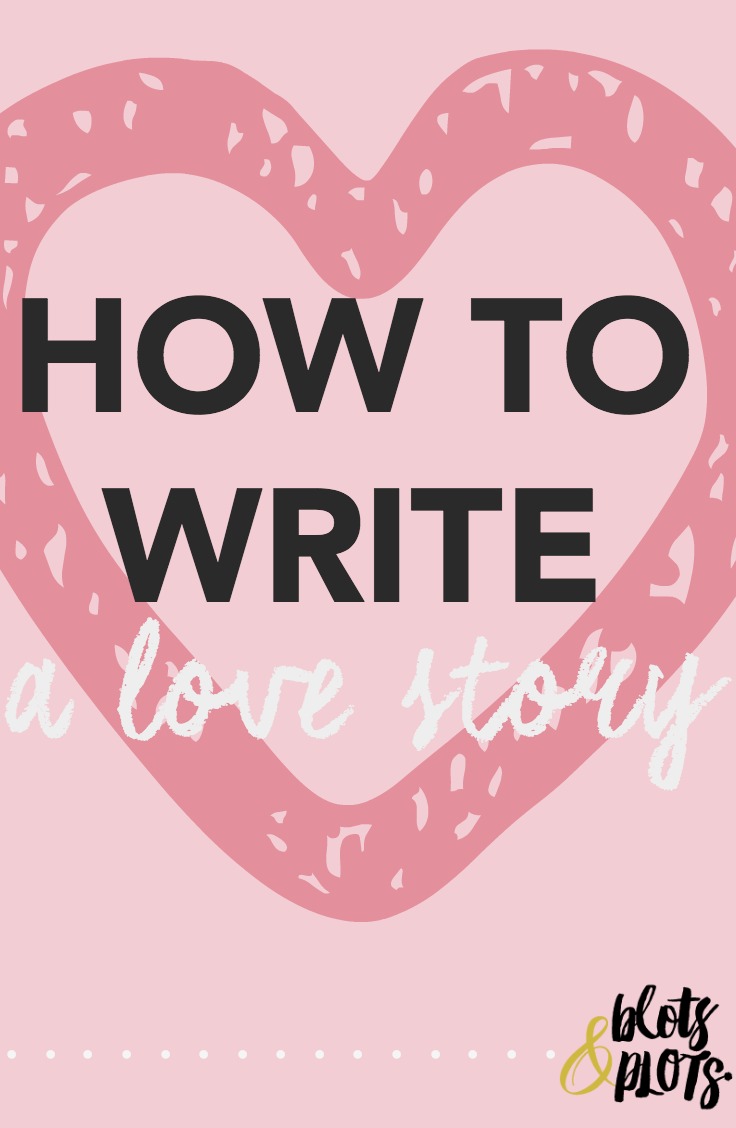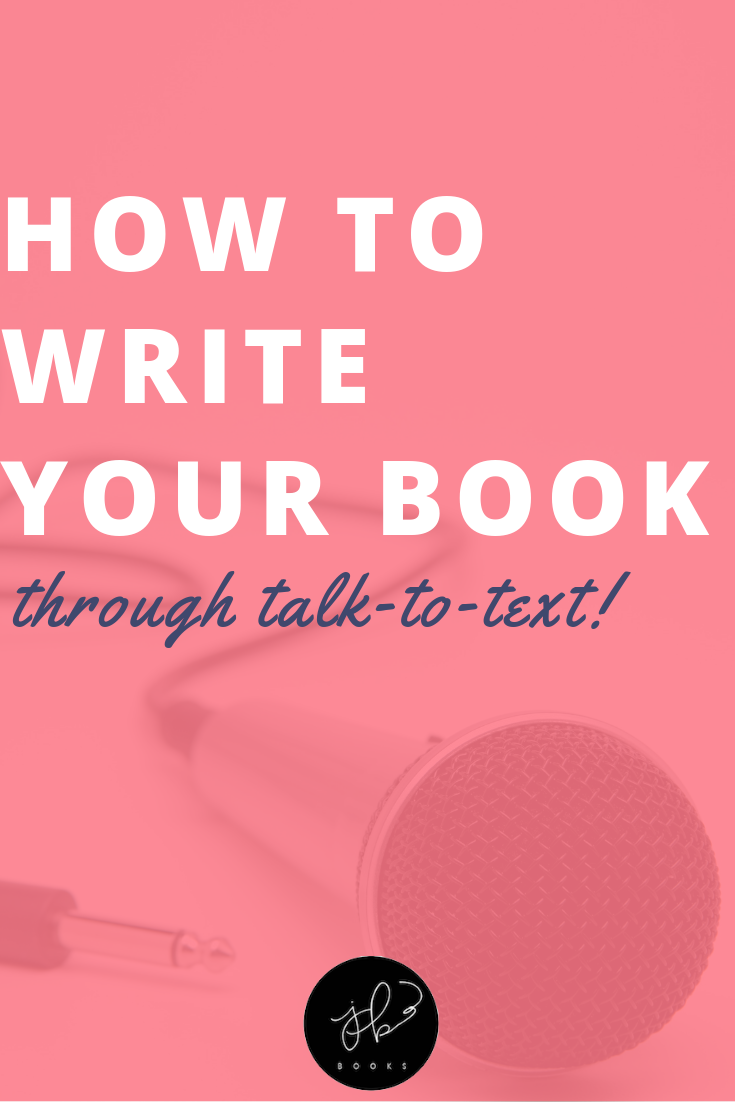Note: this post has been updated on June 15, 2015.
Who among us didn't weep over Dobby in Harry Potter? Did you fall in love with Noah and Allie in the Notebook? Have you ever loved a character so much that they became a friend that you revisited over and over again? As a novelist, creating believable characters who leap off the page is imperative.
So how do we do this? Well, I'm glad you asked. (Okay, you didn't ask, but I'll tell you anyway.)
WRITE LESS THAN YOU KNOW.
Remember when J.K. Rowling shocked the world by revealing Dumbledore's sexuality? There was no mention of it (allusion can be argued), but yet, this was the truth. Knowing your characters beyond their books is important. If they aren't real to you, how can they be real to a reader?
GIVE THEM SOMEONE TO LOVE.
No, I don't just mean romantic love. Any kind of love. Think Katniss and Prim. Think Sirius and Harry. If you show us a character's love, we'll not only believe it, but feel it too. Here are a few examples to think about:
- Familial love. The self-sacrificing parent. The overprotective sibling. Everyone loves a good family bond.
- Romantic love. Unrequited, broken, first, on-again, off-again. We can't help but root for a good love story. (Hint, hint: These Are the Moments.)
- Love of cause. The fighter. The rebel. The activist. Readers love passionate characters.
MODEL FROM LIFE.
Learn from the people around you. Observe the details: the flaws, the strengths, and the quirks. Avoid perfect, cut-out characters by incorporating qualities that are true to life. In this way, your characters and the worlds you created will feel that much more realistic to us.
KNOW THEIR GOALS, WANTS, AND FEARS.
These are the big three.
- Goals. These are what propel characters through the story. Goals can change, fail, succeed, but every character has a path.
- Wants. A little different than goals, because they may not be the purpose of the plot. This is where love interests tend to fall.
- Fears. How do these affect the goals and wants? How do they trip your character up through the story?
FOLLOW YOUR INSTINCTS.
You know your characters. You know the way they act and why they act that way. Trust yourself and trust your characters. Because our characters are human (well, mostly!), they aren't always rational. They're going to make mistakes. They're going to act out of character. And that's ok.
WANT MORE? OKAY!
If you're interested in more tips on characterization, I highly recommend The Essential Guide to Character Creation by She's Novel:
Click the picture to learn more!
*Note: the above is an affiliate link.
Discussion Time: Are you creating believable characters in your fiction? What are your favorite character tips?














